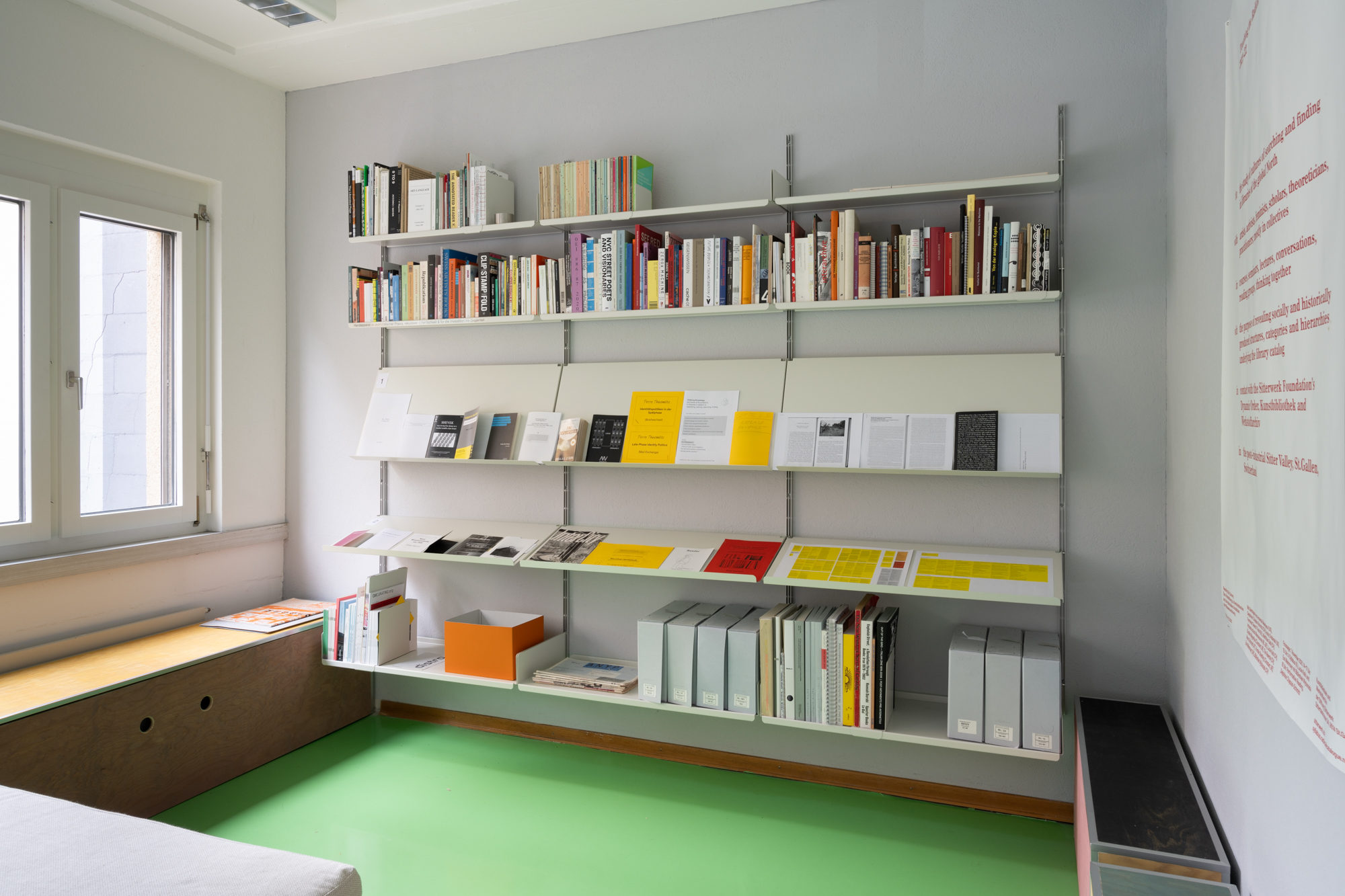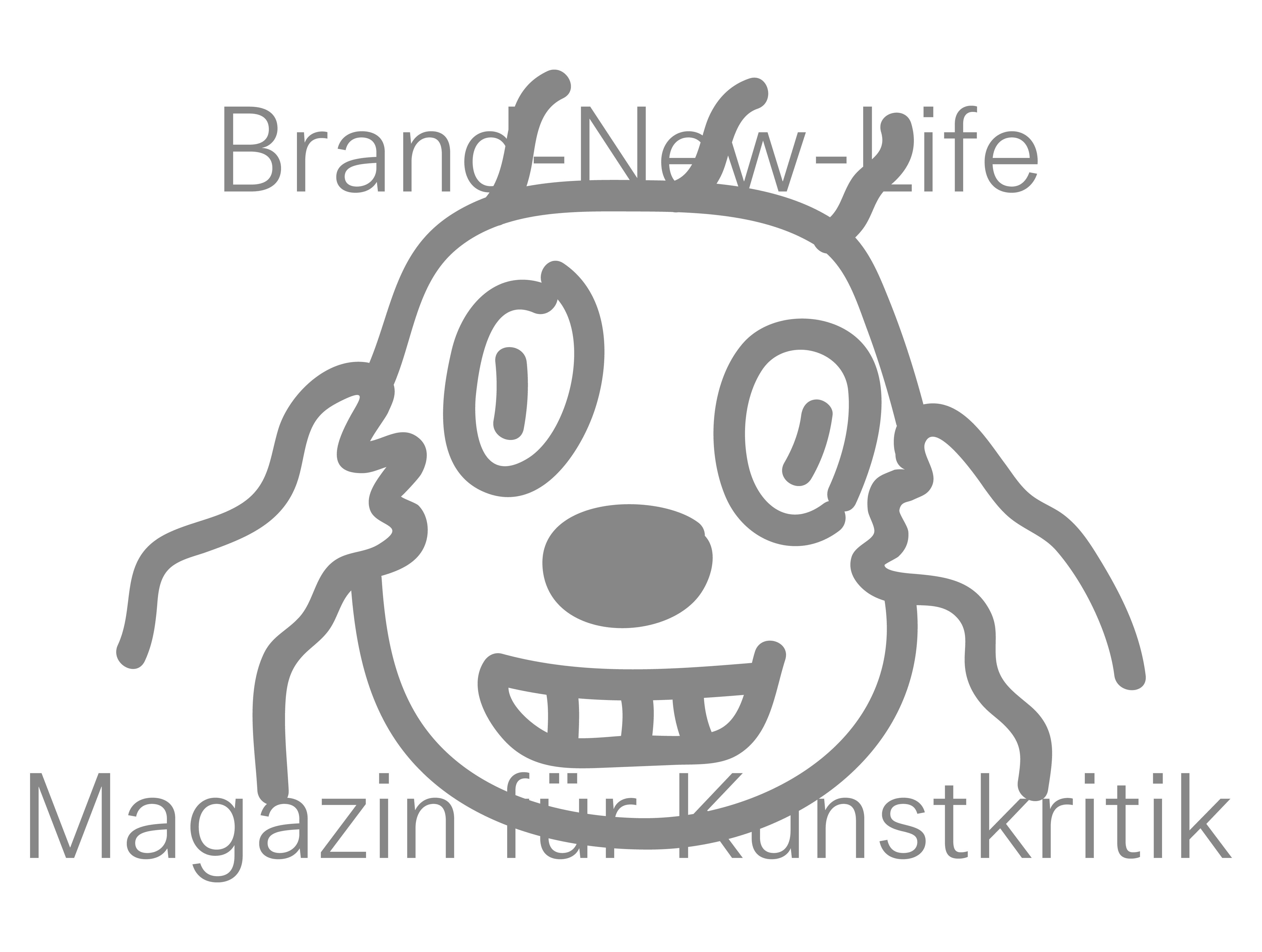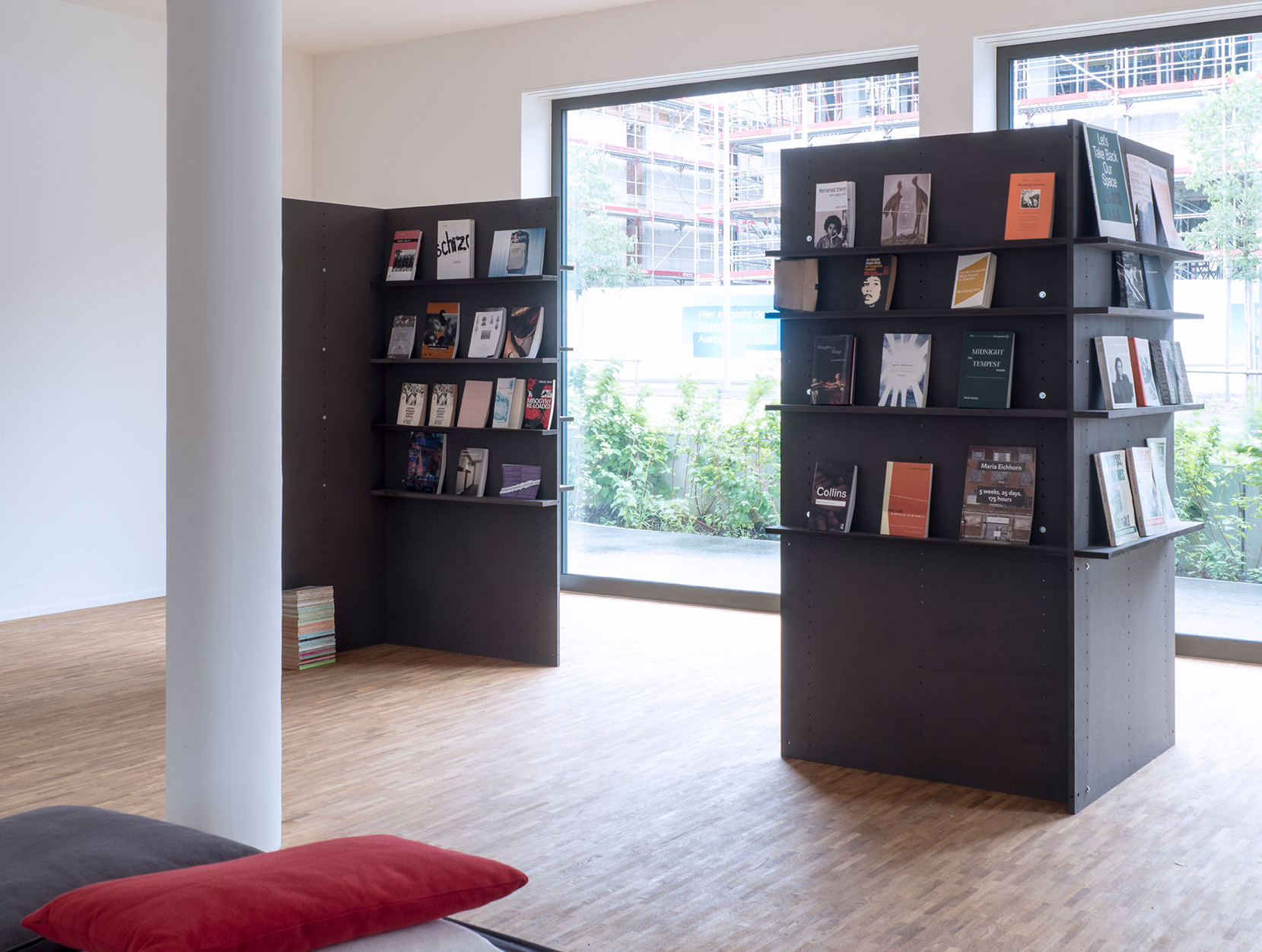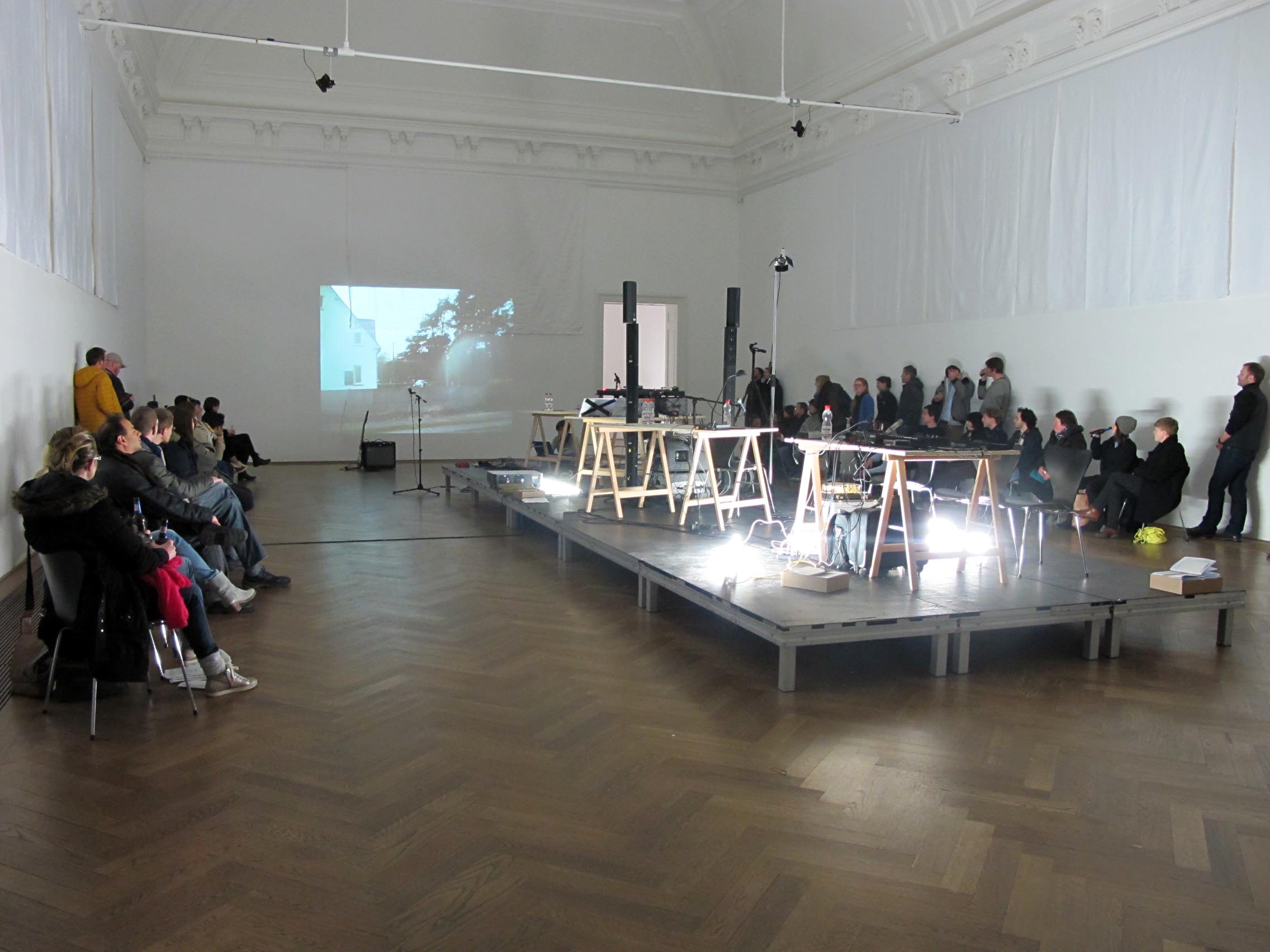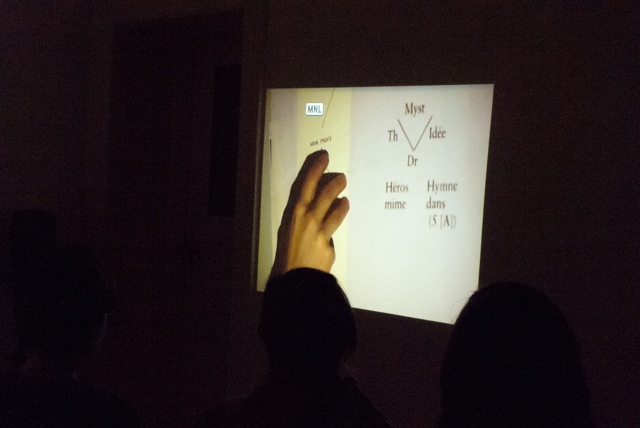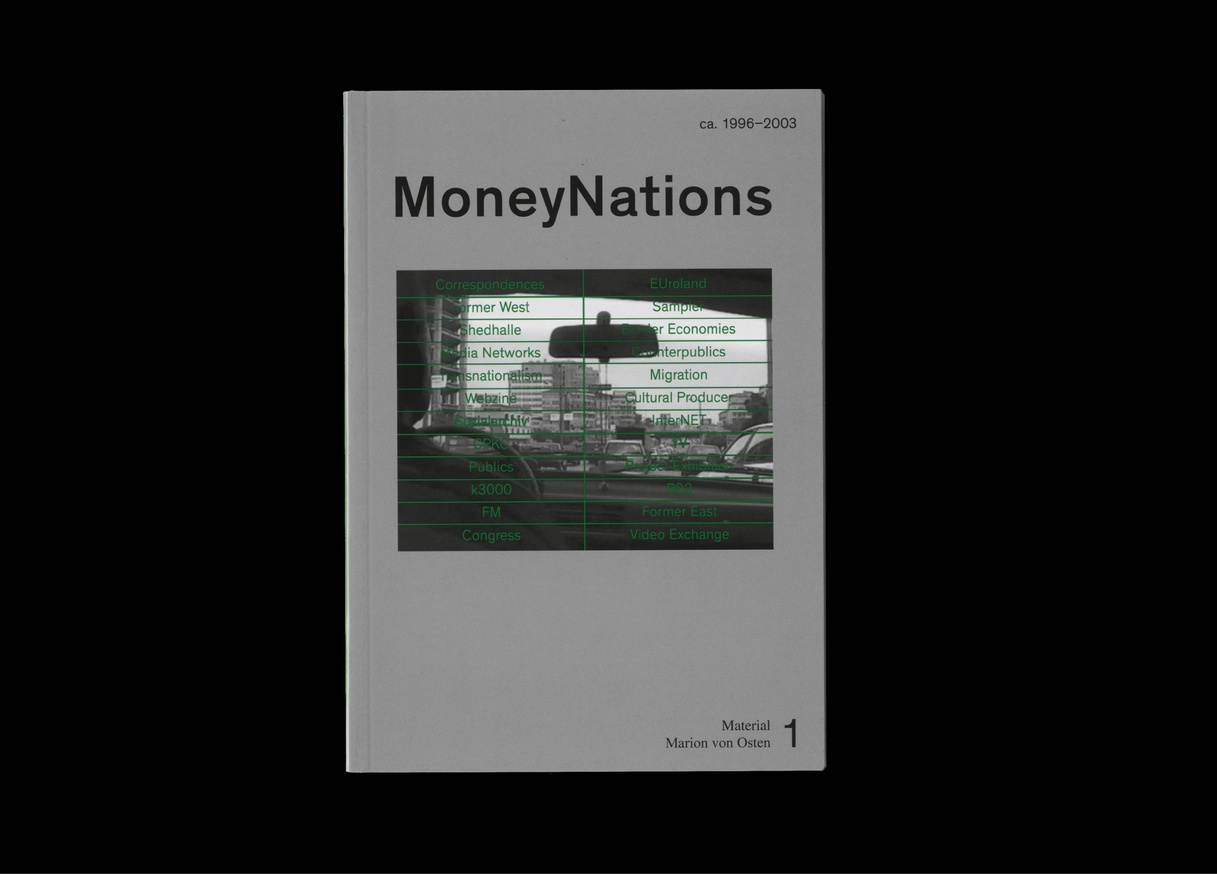
Lucie Kolb, Jonas von Lenthe, Max Stocklosa (Eds.)
Material Marion von Osten Nr. 1: MoneyNations
Wirklichkeit Books, 2024
This inaugural volume in the Material Marion von Osten series revisits MoneyNations, a transdisciplinary project by Marion von Osten that unfolded at Shedhalle Zurich in the late 1999s. Merging archival materials with new conversations, the publication explores how the project operated as an evolving infrastructure—exhibition, webzine, radio, conference, and printed matter—addressing the complex entanglements of race, economic exploitation, and identity politics in post-Cold War Europe. With contributions by Sezgin Boynik (Rab-Rab Press), Ferdiansyah Thajib (KUNCI Study Forum & Collective), Eleanor Ivory Weber & Camilla Wills (Divided Publishing), the book reactivates von Osten’s methodologies of critique and organizing at the intersections of art, theory, and activism. More information
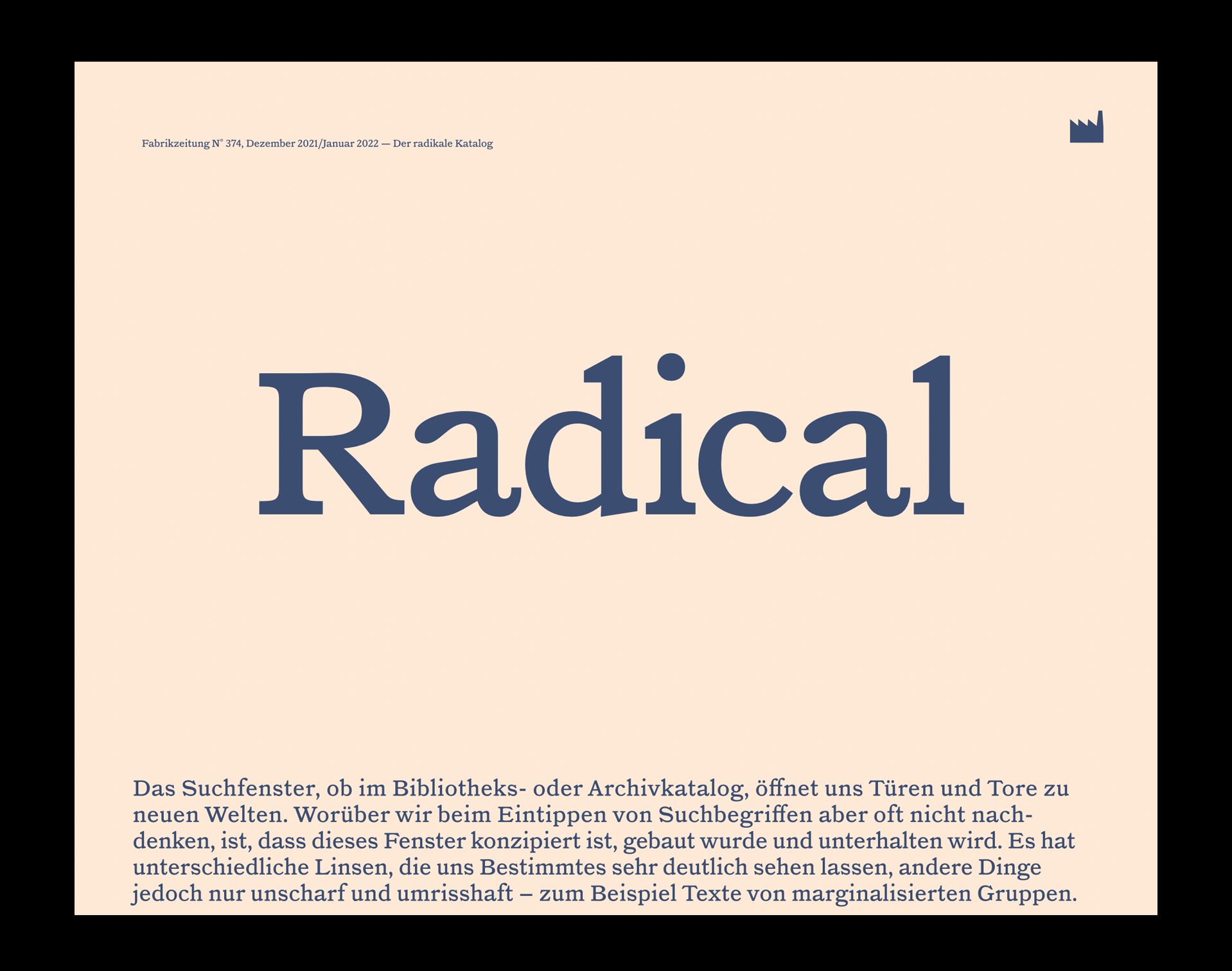
IG Rote Fabrik, Lucie Kolb, Eva Weinmayr (Eds.)
Der radikale Katalog
Fabrikzeitung, 2021
This issue of Fabrikzeitung extends the discursive and pedagogical practices initiated in the 2021 exhibition Reading the Library at Sitterwerk St. Gallen. Framing the library catalog as a critical tool, the publication interrogates how classification systems shape access to knowledge and power structures. Through an intersectional lens, the editors and contributors—Emily Drabinski, Nora Schmidt, Shusha Niederberger, Karin K. Bühler, Sibylle Omlin, Roland Früh, Noemie Parisi, Feminist Search Tools, circuit, Eva Weinmayr, and Lucie Kolb—explore practices for making these hidden frameworks visible and subject to reimagining. The publication offers both theoretical reflections and practical interventions, and functions as an expanded syllabus for critical cataloging.
More information
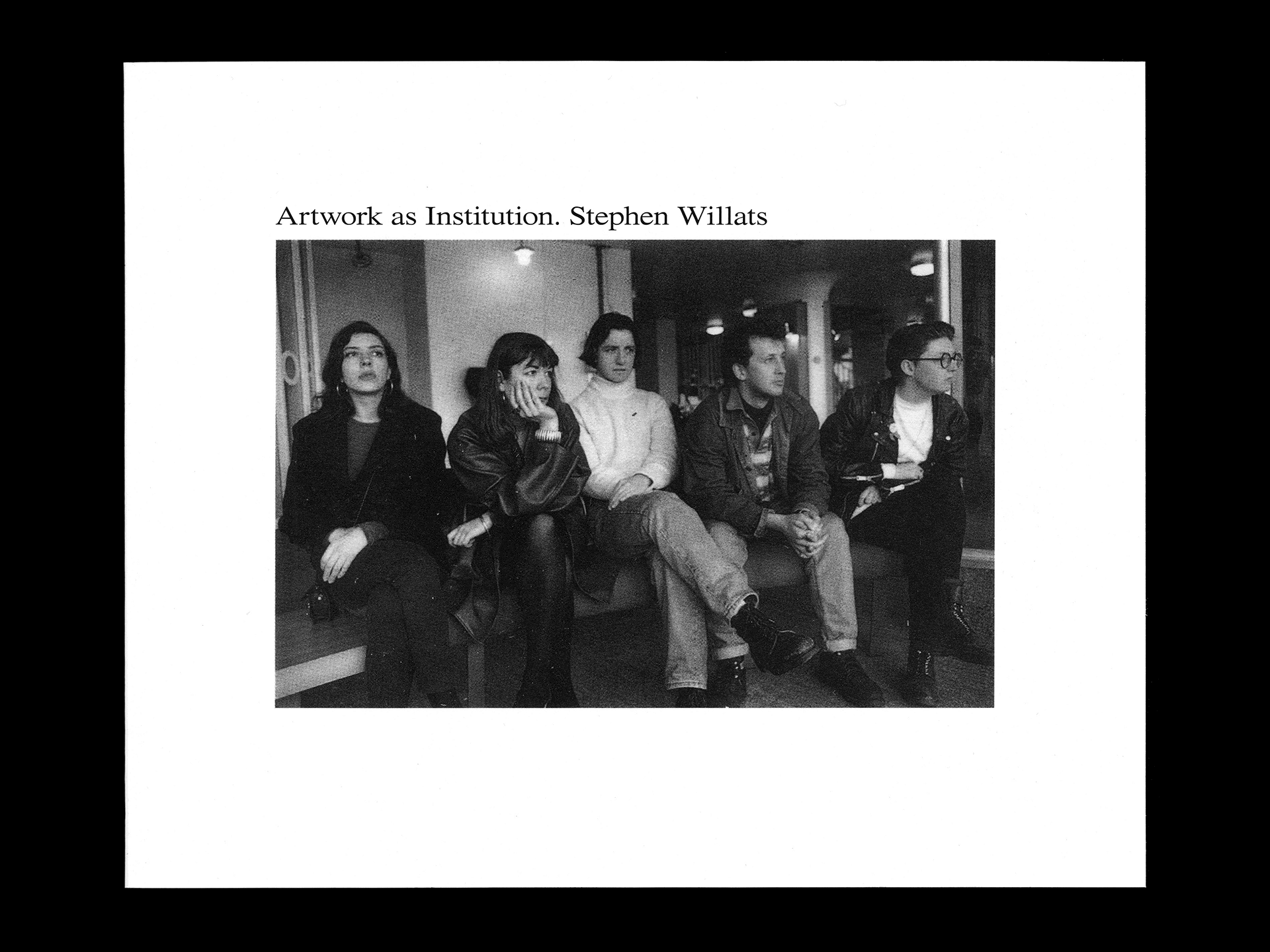
Lucie Kolb (Ed.)
Artwork as Institution. Stephen Willats
Brand-New-Life, 2019
This publication brings together a selection of Stephen Willats’ Mosaic works from the 1990s, created across neighborhoods in Great Britain and Finland. Through these socially engaged projects, Willats reconceptualizes the role of the artist as a facilitator of collective knowledge production. Using books as relational tools, the works establish a dialogical field between artists, audiences, and institutional contexts. The publication considers how Willats’ artistic strategies prefigure contemporary debates on participatory practices and self-instituting art forms. With contributions by Willats himself and Elsa Himmer, the volume positions the artist’s work as a formative reference for rethinking the institutional logic of art.
More information
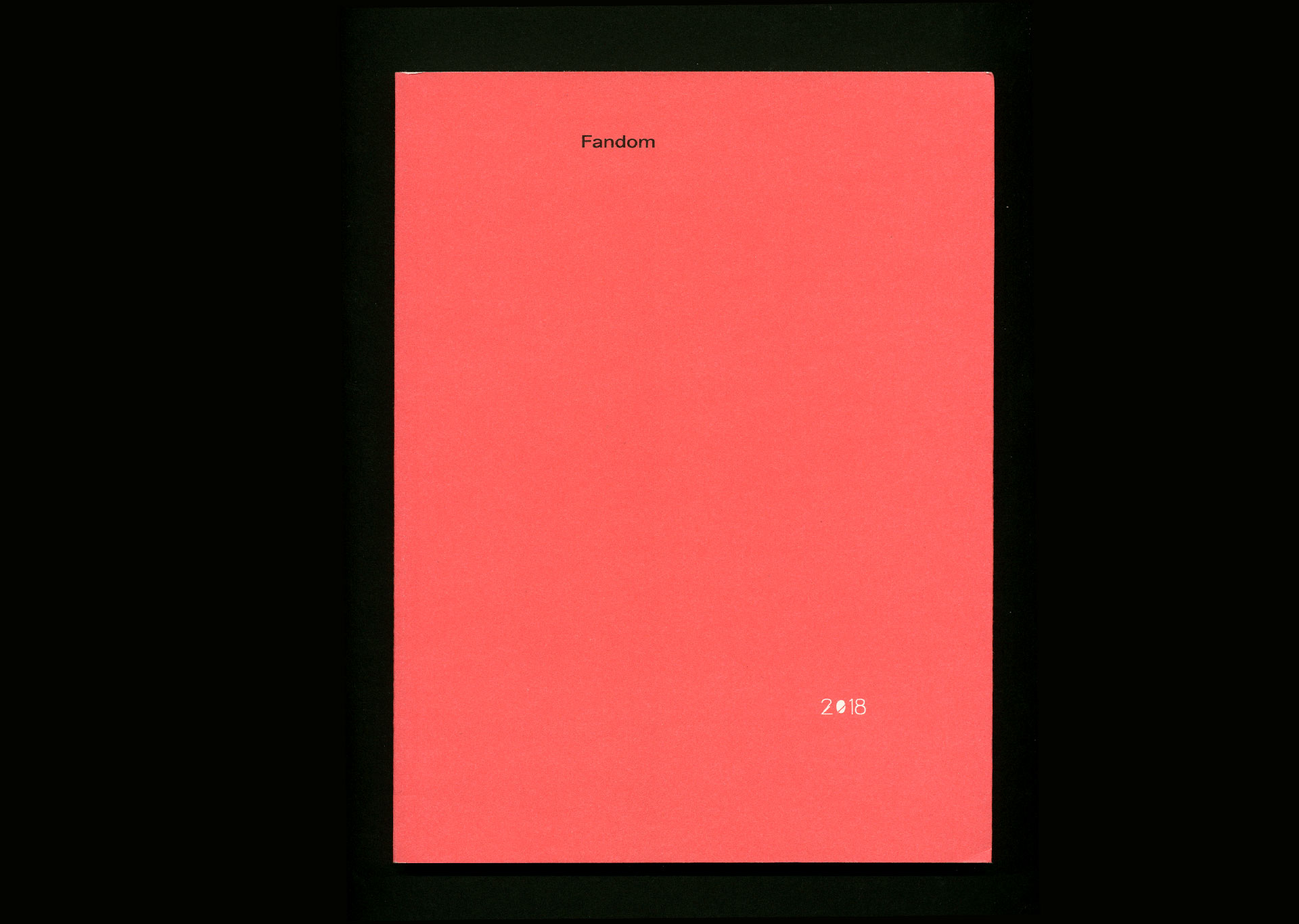
Lucie Kolb, Barbara Preisig, Pablo Müller, Judith Welter (Eds.)
Fandom
Brand-New-Life, 2018
Compiled from contributions published on Brand-New-Life between 2016 and 2018, Fandom engages with the productive tensions between fandom and critical distance. The volume brings together essays by artists and writers Mitchell Anderson, Mathis Gasser, Dorota Halina Gawęda, Lucie Kolb and Egle Kulbokaite, Stefan Geene, Eva Kenny, Elena Filipovic, Sarah Owens and Barbara Preisig, Regina Pfister, Ian Wooldridge, and Hannes Loichinger. It explores how fandom—as a practice of affective engagement—can generate new forms of critique, solidarity, and identification within and beyond the field of contemporary art. The editors foreground the political potential of writing that embraces subjectivity, collectivity, and the messy entanglements of affection and analysis.
More information
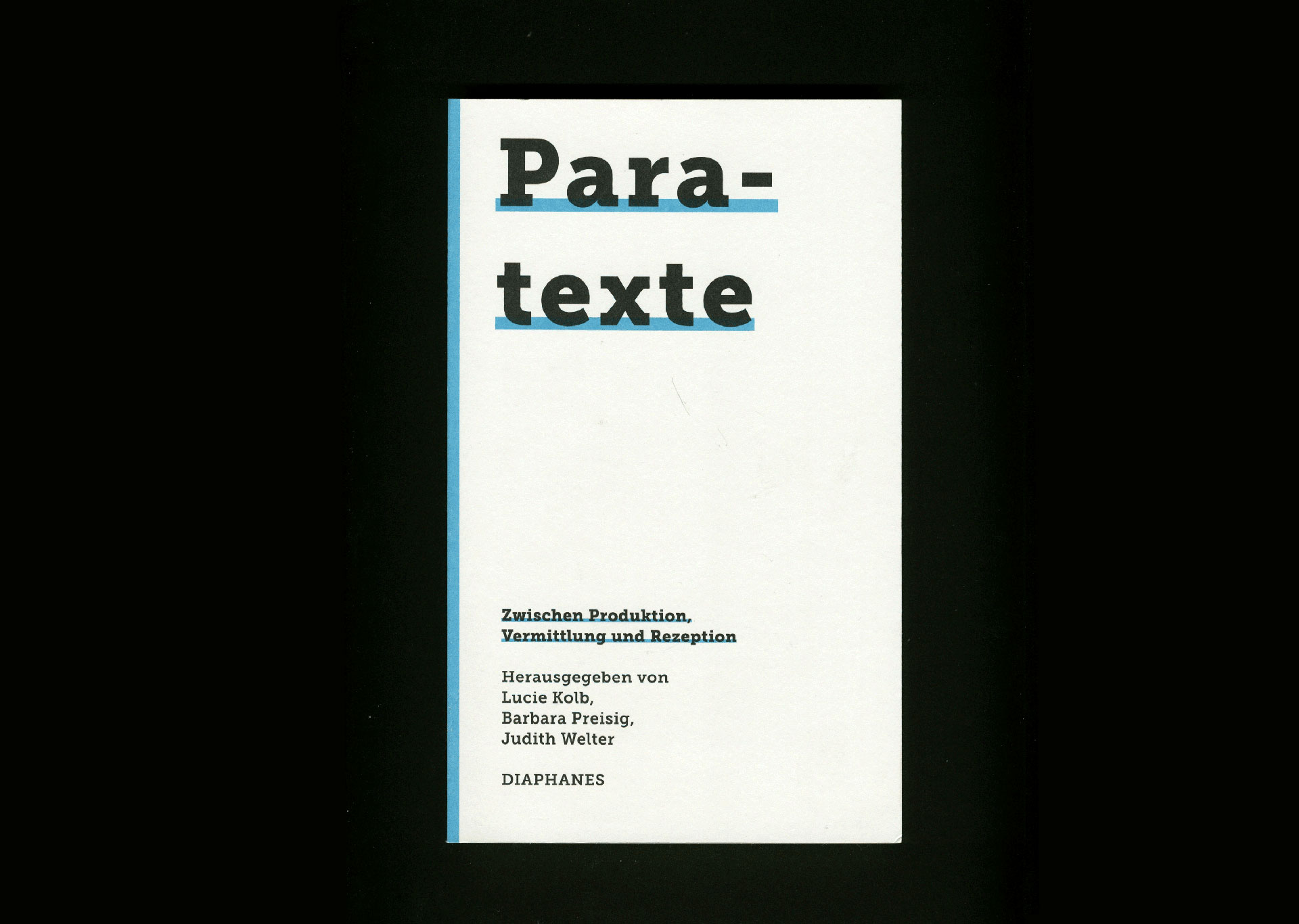
Lucie Kolb, Barbara Preisig, Judith Welter (Eds.)
Paratexte. Zwischen Produktion, Vermittlung und Rezeption
Diaphanes, 2018
This edited volume investigates how contemporary art extends beyond conventional formats into paratextual spaces—catalogues, invitations, editorial formats, and online platforms. Drawing on Gérard Genette’s concept of the paratext, the book considers these forms as active sites of artistic, curatorial, and theoretical negotiation. With contributions by scholars and practitioners Beatrice von Bismarck, Annette Gilbert, Eva Kernbauer, Lucie Kolb, Antje Krause-Wahl, Rachel Mader, Barbara Preisig, and Judith Welter, Paratexte challenges the boundaries between production, mediation, and reception. It invites readers to reconsider how art is made legible and how the context becomes an integral part of the work’s meaning and circulation.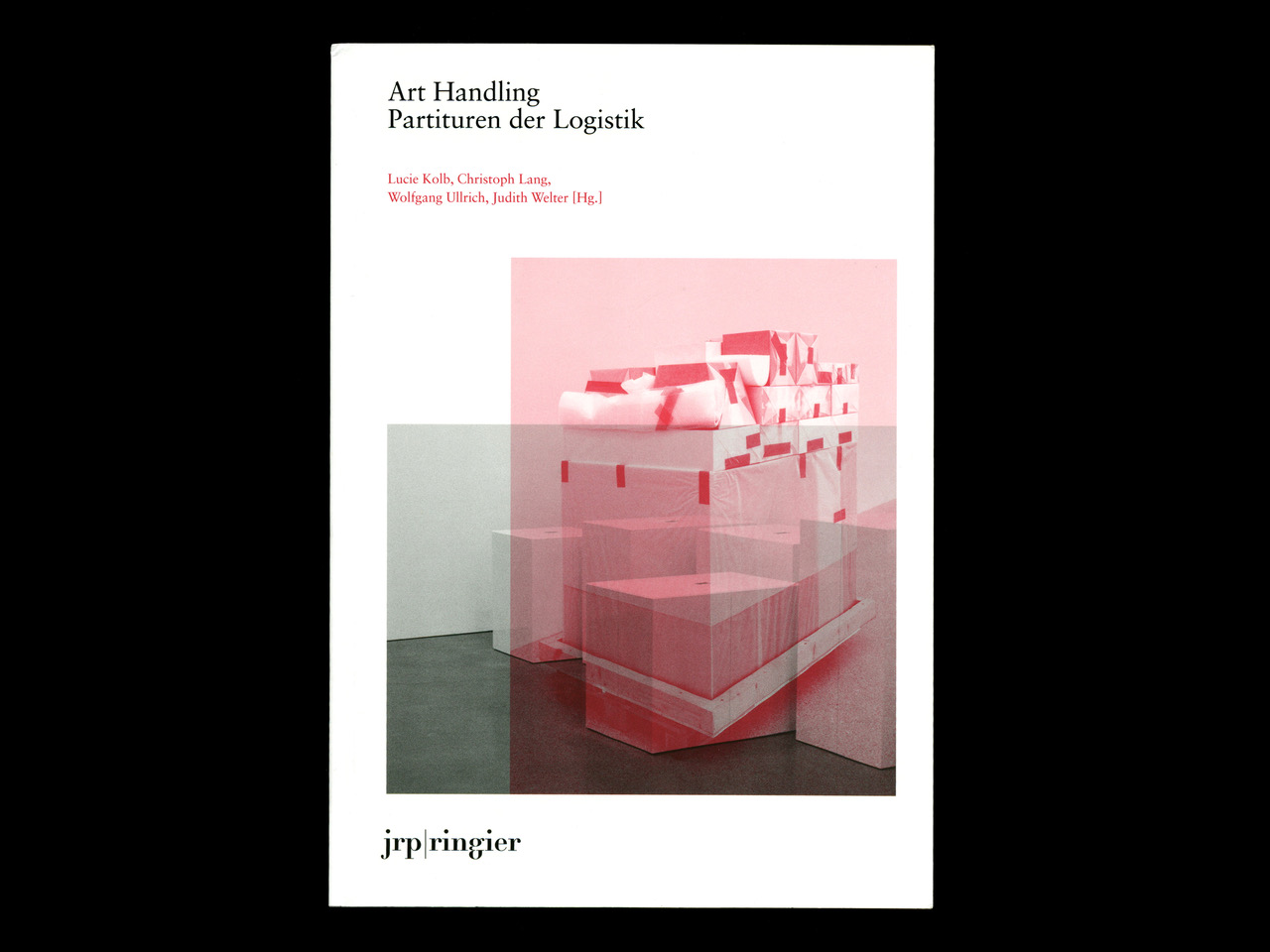
Lucie Kolb, Christoph Lang, Wolfgang Ullrich, Judith Welter (Eds.)
Art Handling. Partituren der Logistik
JRP|Ringier, 2016
This comprehensive reader explores the hidden infrastructures and logistical frameworks that undergird the art world—handling, transportation, storage, installation, and documentation. Originating from a symposium at Migros Museum für Gegenwartskunst (Zurich), the book highlights how these operational systems have become increasingly complex in response to the demands of contemporary, ephemeral, and performative practices. Essays by Monika Dommann, Peter Schneemann, Tobias Vogt, and Beat Wyss critically examine how logistical protocols not only support but actively shape artistic production. Art Handling foregrounds the material, institutional, and epistemic implications of logistics as a curatorial and artistic concern.
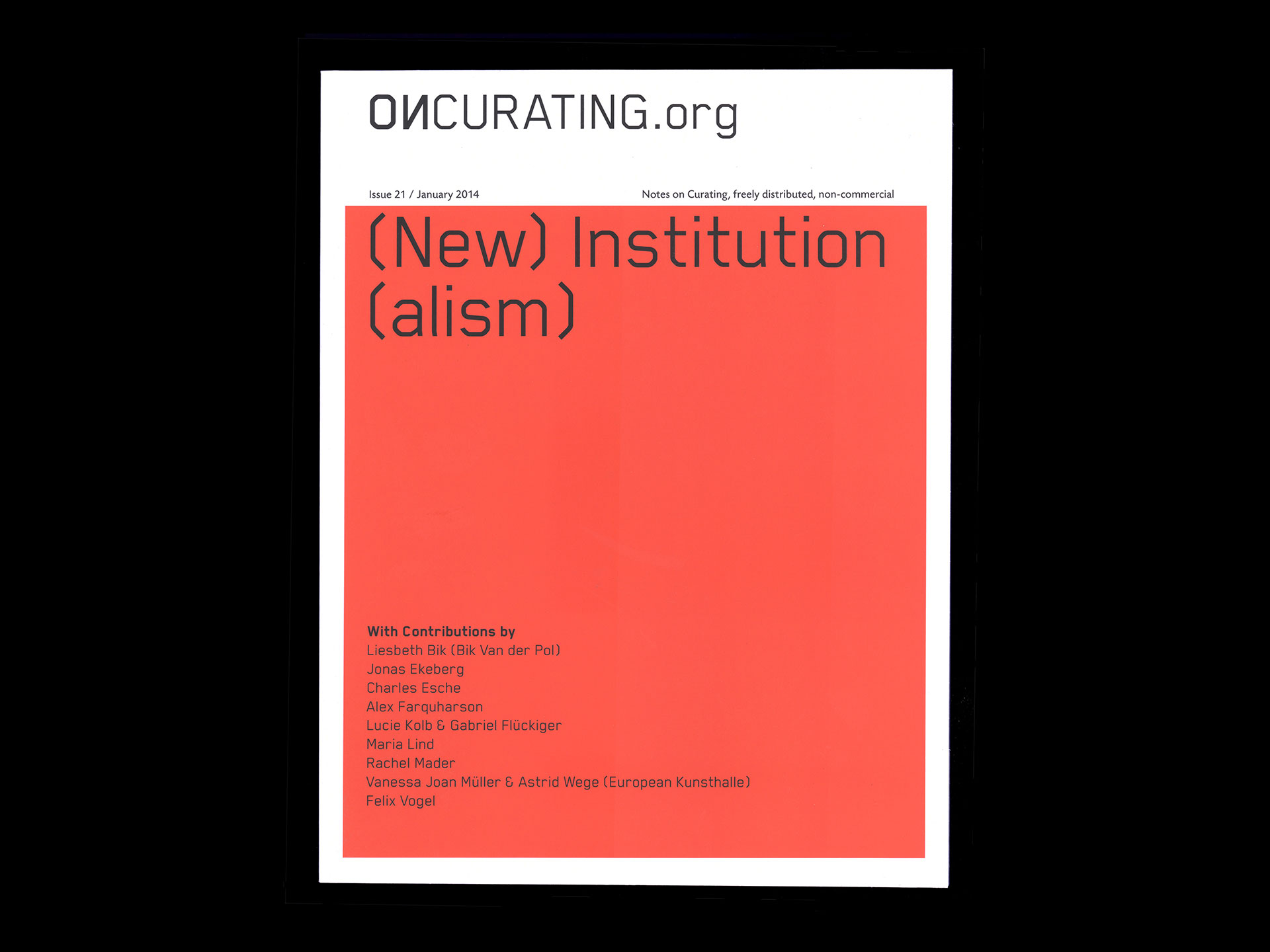
Gabriel Flückiger, Lucie Kolb (Eds.)
On Curating, Nr. 21, (New) Institution(alism)
2014
This issue of On Curating revisits New Institutionalism—a curatorial and artistic framework that emerged around the 2000s to reconceptualize the role of art institutions as spaces of critical research and social engagement. In light of shifting cultural policies and economic constraints across Europe, the publication reflects on the legacy and transformation of these practices. Contributions span historical analysis and contemporary critique, offering a nuanced understanding of how New Institutionalism continues to inform, haunt, and complicate the organization of art today. The issue aims to foster differentiated approaches to institutional critique through a multiplicity of voices and perspectives.
Online Issue

Corinn Gerber, HIT, Lucie Kolb, Romy Rüegger (Eds.)
We would like to learn and we are working on a book…
Passenger Books, 2012
This experimental publication frames the book as a pedagogical space—a classroom in which contributors adopt multiple roles: student, professor, friend, reader, and more. Structured around the formal elements of book design (index, margins, preface, layout), the project invites engagement through textual and visual contributions by Ellen Blumenstein, bolwerK, Vincent Bonin, Irina Dumitrescu, Eva Egermann + Elke Krasny, Dani Gal + Achim Lengerer, Maaike Grouwenberg, Max Jorge Hinderer, Egija Inzule + Maja Wismer, Karl Larsson, Falke Pisano, Kristina Lee Podesva, Simone Schardt, Robin Simpson, Andrea Thal, Danna Vajda, and Jacob Wren. It opens a site for collective inquiry that challenges traditional hierarchies of knowledge and authorship. Drawing on performative and discursive strategies, the book stages itself as an open-ended, participatory learning environment. It reflects a shared commitment to publishing as a tool for radical pedagogy.

